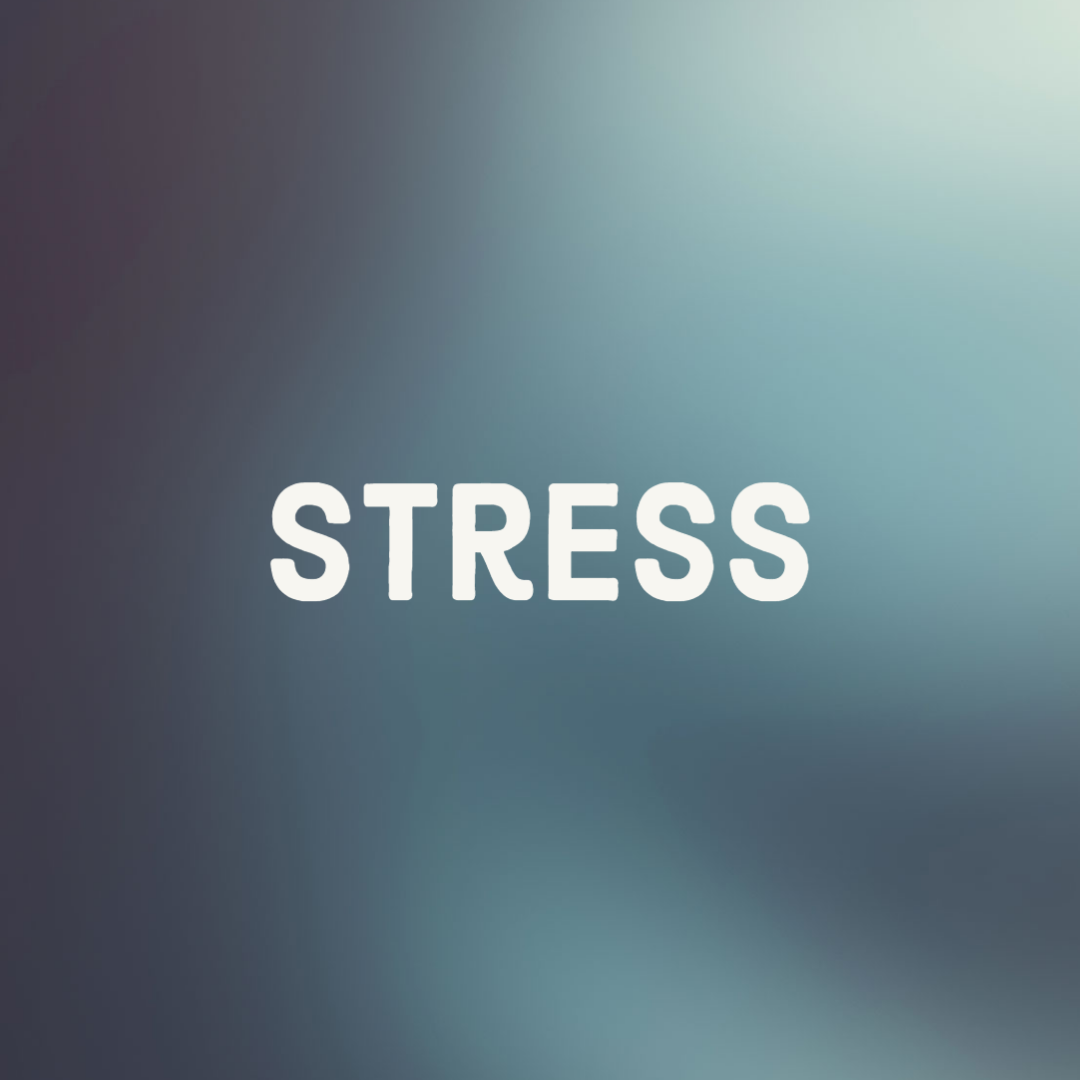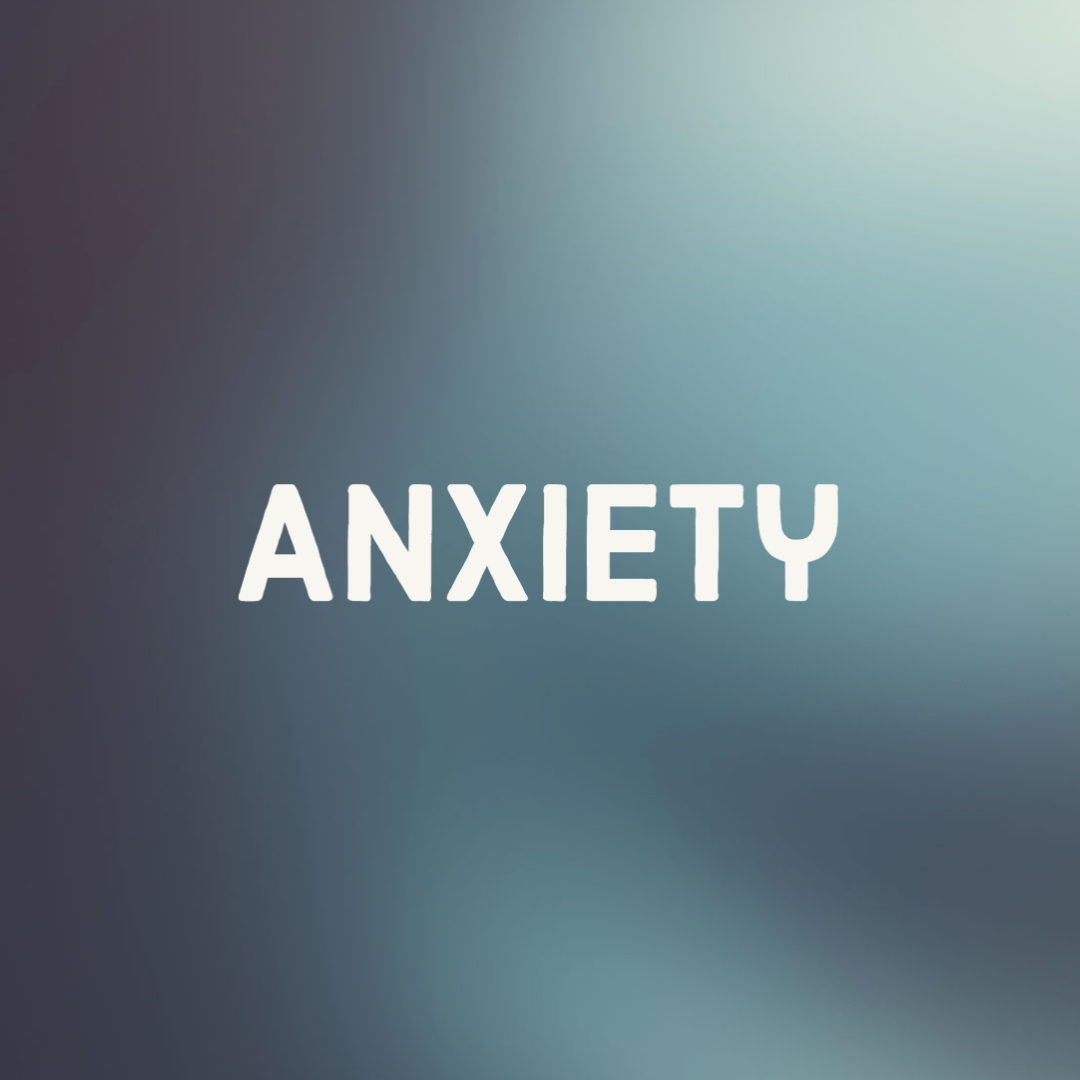The Difference Between Stress and Anxiety
Although they may share similarities, there are significant differences between stress and anxiety. Stress is a physical and mental response to an external cause, such as work, money, and more. Anxiety is a reaction to stress, and can be experienced even if there are currently no stressors. When anxiety persists, it can cause health interferences and increase one’s risk of developing a mental health disorder such as generalized anxiety disorder or depression.
It is important to know the difference between stress and anxiety so that you can better understand what you may be feeling. The following highlights key differences and similarities between stress and anxiety.
Stress
There are many situations that may invoke feelings of stress. Many experience stress related to school, work, money, family matters, and more. A key factor of stress is that it tends to be caused by external factors. Since stress is typically a reactionary response, it often subsides when the situation is resolved.
Stress can be beneficial at times. For some, stress can work as a motivating factor to help them complete an assignment or respond quickly.
Overtime, the weight of stress can adversely affect one’s mental and physical health. To help avoid built up stress we recommend:
- Creating lists and prioritizing tasks
- Setting manageable goals
- Engaging in activities that bring you joy
- Speaking with a healthcare provider if feelings of stress persist

Anxiety
One may experience anxiety as a reaction to stress. Generally, it is internal factors that cause anxiety. Anxiety can cause feelings of uneasiness, dread, fear, and more. It also often causes physical symptoms such as restlessness, rapid heartrate, nausea, and sweating.
Many people may experience feelings of anxiety from time to time. However, if anxiety continues overtime, it may be a sign of a mental health disorder. For this reason, it is important to speak with your healthcare provider if you are experiencing persistent anxiety.
In addition to speaking with a healthcare provider about specific treatment for anxiety, we recommend the following to help reduce symptoms:
- Get enough sleep
- Exercise
- Set goals
- Take time for yourself

Learn More
There are important similarities and differences between stress and anxiety. To learn more, we recommend speaking with your healthcare provider. To read more about stress and anxiety, we recommend the following resources:
NIMH “I’m So Stressed Out”: https://www.nimh.nih.gov/health/publications/so-stressed-out-fact-sheet
NIMH Anxiety Disorders: https://www.nimh.nih.gov/health/topics/anxiety-disorders
APA: https://www.apa.org/topics/stress/anxiety-difference
Return to home page: https://nwmind-bodywellness.com/
Read more articles: https://nwmind-bodywellness.com/articles/
